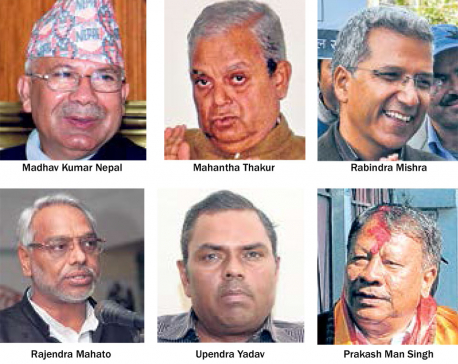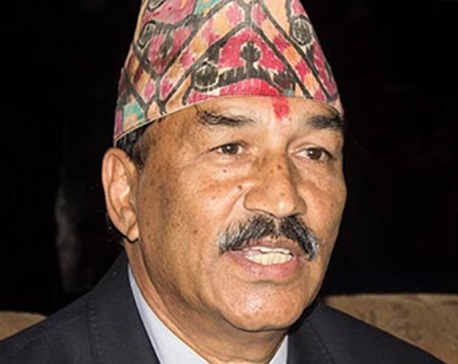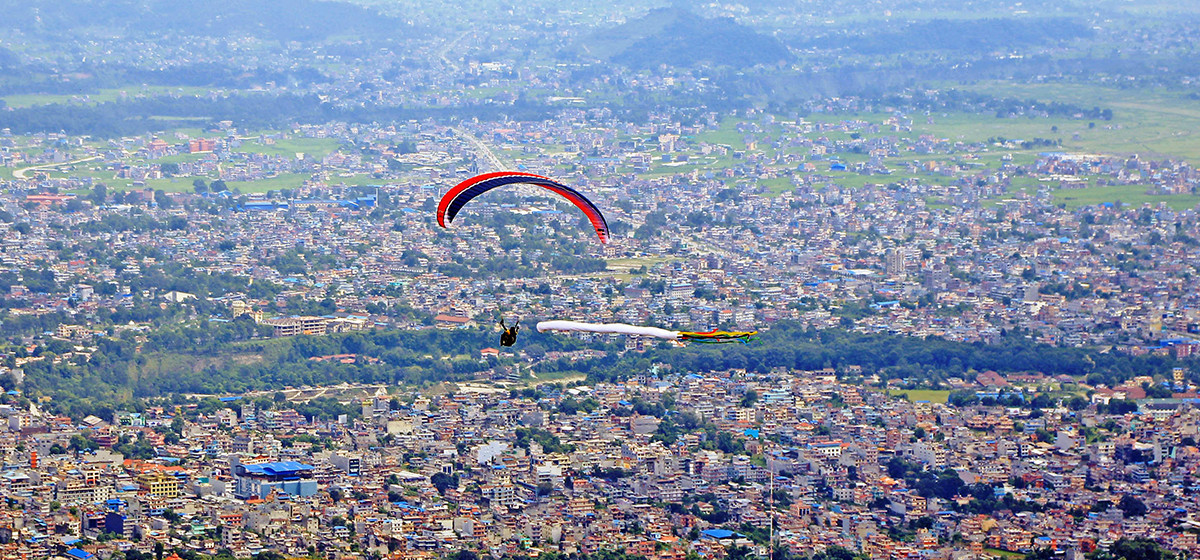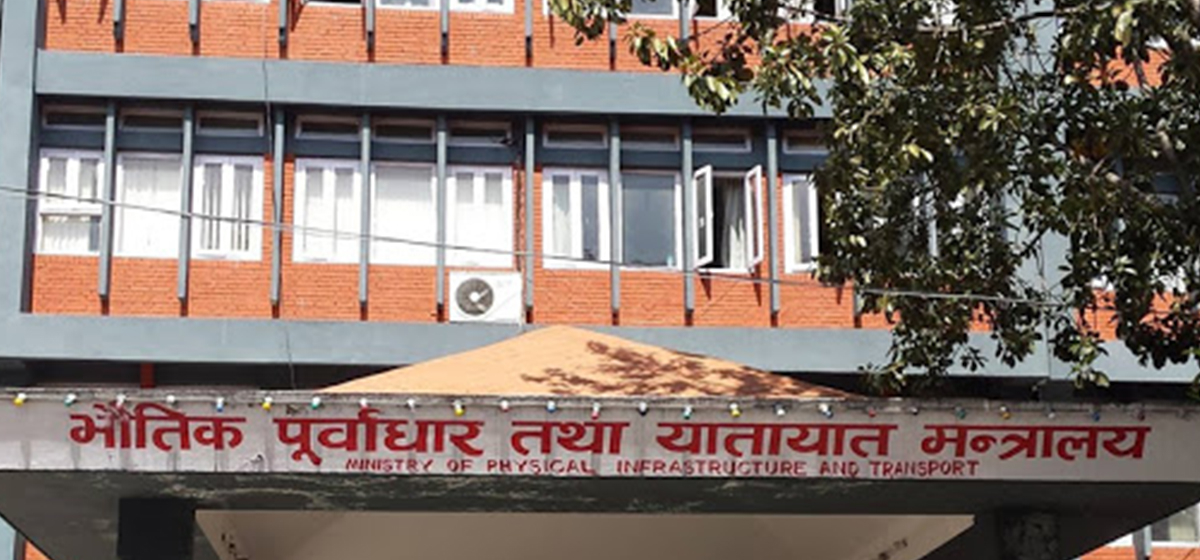
OR
Obstruction of parliament
The month-long obstruction of the parliament, in all likelihood, will be lifted when it sits again this coming Sunday. The main opposition, CPN-UML, seems ready to reconsider its decision to obstruct the parliament following Monday’s Supreme Court verdict. The court ruled that constitution amendment is, at heart, a prerogative of the sovereign parliament. It thus refused to issue a stay order against the constitution amendment bill tabled in the parliament on November 30th. UML has said that it respects the verdict and will reconsider house obstruction. Interestingly, the court also ruled that while it is inappropriate for the judiciary to intervene with the working of the parliament (tabling of the constitution amendment bill, in this context), it could nonetheless examine whether the final laws passed by the parliament are in line with the provisions of the new constitution.
Predictably, the Congress-Maoist governing alliance interpreted the ruling as a clear signal to proceed with the amendment bill. UML, meanwhile, noted that any laws enacted by the parliament could still be contested in court and so there is no point in making amendments that go against constitutional provisions—only to be later shot down in court.
Nonetheless, we believe UML would do the right thing by agreeing to open the parliament.
In doing so it will prove that whatever its disagreements with other parties, it is a law-abiding party that believes in separation of powers and respects the verdict of the highest court in the land. But nor was it feasible for UML, a proud product of Nepali parliamentary democracy, to continue to obstruct the house ad infinitum. Whether the opposition likes it or not, and as the latest Supreme Court verdict has also made clear, the sovereign parliament has the right make and change laws, as and when it sees fit, and so long as they don’t exceed constitutional bounds. So assuming that UML allows normal business of parliament to resume on Sunday, the amendment bill will then be officially tabled.
Following this there will be a debate on its merits and demerits, after which there will be a final up-and-down voting on the amendment bill. If it garners two-thirds support of parliament, it will pass; otherwise it will fail.
The focus of UML and the eight fringe parties that together comprise over one-thirds majority (comprised of 204 MPs) in the parliament will then be to ensure the bill’s failure.
UML believes it can keep the opposition alliance intact, and even persuade other parties like the Rastriya Prajatantra Party (with 37 MPs), which is now in the ruling coalition, to vote against the bill. Even if the bill is passed, UML reckons it can successfully challenge the ‘unconstitutional’ amendment in court. Whatever happens with the amendment bill, we are happy that it will now be debated in the parliament and then put to vote. This was the only democratic way to test its legitimacy. We now hope our MPs will debate and vote on the bill with their conscience and conviction and ultimately do what they believe is in broader national interest. People will be keeping a close eye.
You May Like This

Some leaders to miss vote, others to be unable to vote for themselves
KATHMANDU, Dec 7: Some senior political leaders will be unable to vote for their own candidacies in Thursday’s first elections under... Read More...

We are programmed
It's a truth that we are programmed Whatever we think, act or react everything is set accordingly The... Read More...

RPP won't vote for amendment bill, withdraw support instead : DPM Thapa
KATHMANDU, March 13: Deputy Prime Minister and Minister for Federal Affairs and Local Development Kamal Thapa has said clarified that... Read More...
Just In
- Over 16,000 paragliding flights conducted in one year in Pokhara
- MoPIT prepares draft of National Road Safety Act, proposes rescue within an hour of an accident
- Light rainfall likely in hilly areas of Koshi, Bagmati, Gandaki and Karnali provinces
- Customs revenue collection surpasses target at Tatopani border, Falls behind at Rasuwagadhi border in Q3
- Rain shocks: On the monsoon in 2024
- Govt receives 1,658 proposals for startup loans; Minimum of 50 points required for eligibility
- Unified Socialist leader Sodari appointed Sudurpaschim CM
- One Nepali dies in UAE flood


















Leave A Comment